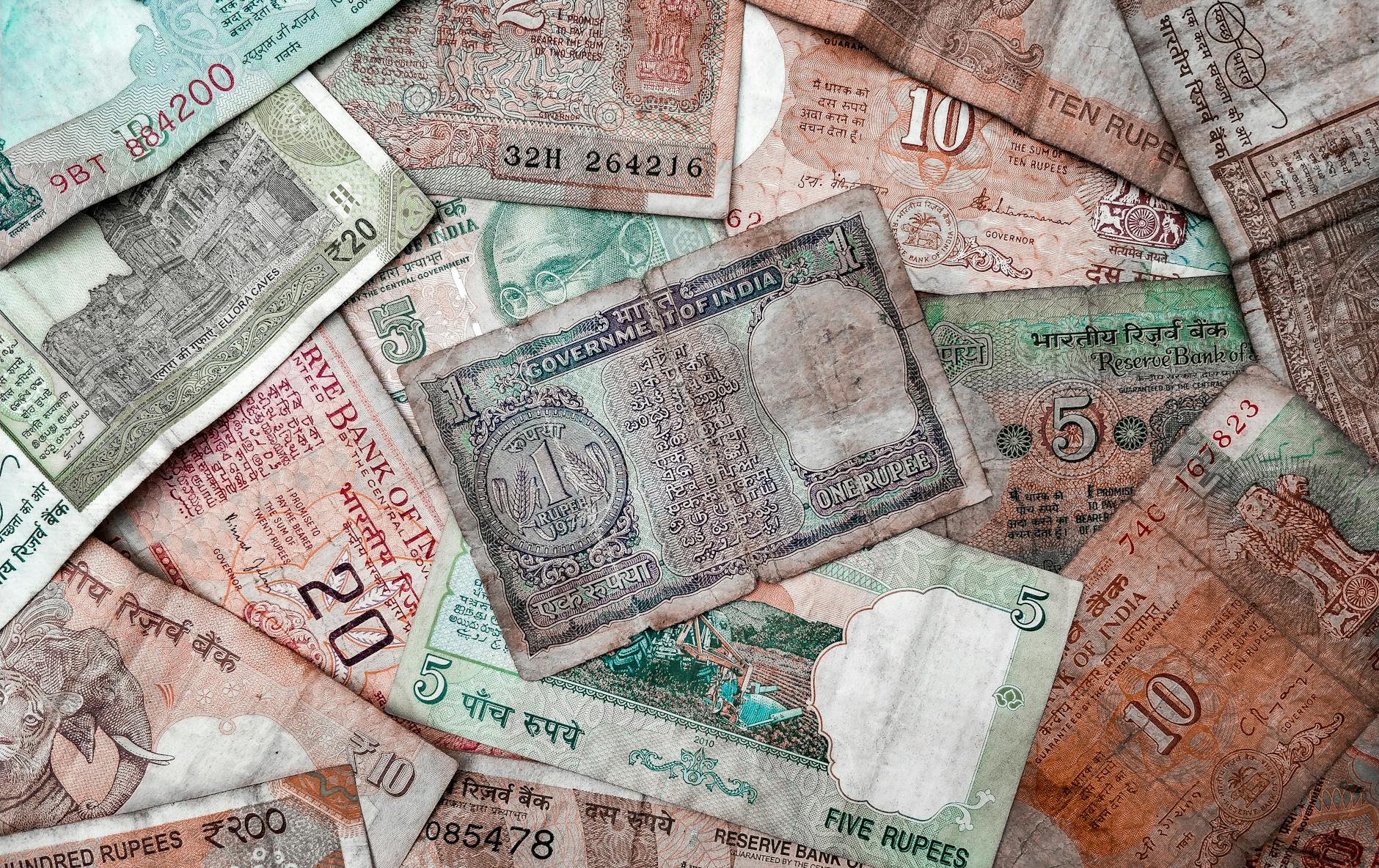Discover the ins and outs of TM infringement in India – learn how to protect your brand and avoid legal issues.
Table of Contents
Trademark infringement is a serious matter that can have legal consequences for businesses in India. To navigate the complex laws surrounding trademarks, it’s essential to have a clear understanding of what constitutes infringement and how to protect your intellectual property. In this blog post, we will delve into the nuances of trademark infringement in India, exploring the legal framework, common scenarios, and steps to take if you believe your trademark rights have been violated.
What is Trademark Infringement?
Trademark infringement occurs when a third party uses a mark that is identical or similar to a registered trademark, leading to confusion among consumers. This can dilute the distinctiveness of the original mark and harm the business that owns it. In India, trademark infringement is governed by the Trademarks Act, 1999, which provides legal protection to registered trademarks.
Common Scenarios of Trademark Infringement
There are several common scenarios in which trademark infringement may occur in India. These include:
1. Unauthorized Use: When a third party uses a trademark without the permission of the trademark owner, this constitutes infringement. This can include using the mark on products, packaging, advertising, or promotional materials.
2. Similarity of Marks: If a third party uses a mark that is identical or similar to a registered trademark, causing confusion among consumers, it may be considered infringement. The degree of similarity and likelihood of confusion are key factors in determining infringement.
3. Counterfeiting: Manufacturing or selling counterfeit goods that bear a registered trademark is a clear case of infringement. Counterfeiting not only violates trademark rights but also harms the reputation of the original brand.
Steps to Take in Case of Trademark Infringement
If you believe your trademark rights have been infringed upon in India, it is crucial to take prompt action to protect your interests. The following steps can help you address trademark infringement effectively:
1. Cease and Desist Letter: Send a cease and desist letter to the infringing party, clearly outlining the infringement and demanding that they stop using the trademark immediately.
2. File a Lawsuit: If the infringing party does not comply with the cease and desist letter, you may need to file a lawsuit in the appropriate court to seek legal remedies for trademark infringement.
3. Evidence Collection: Gather evidence to support your claim of infringement, such as records of the unauthorized use of your trademark, witness statements, and any other relevant documentation.
Protecting Your Trademark Rights
To prevent trademark infringement and protect your intellectual property in India, it is essential to register your trademark with the relevant authorities. By obtaining a registered trademark, you gain exclusive rights to use the mark in connection with your goods or services, and can take legal action against infringers.
| Topic | Definition | Explanation |
|---|---|---|
| Trademark | A symbol, word, or phrase legally registered or established by use as representing a company or product | In India, trademarks are protected under the Trade Marks Act, 1999, and provide exclusive rights to the owner to use the mark |
| Infringement | The unauthorized use of a trademark that is identical or deceptively similar to a registered trademark | In India, trademark infringement can lead to legal action, including damages, injunctions, and seizure of infringing goods |
| Elements of Infringement | Use of an identical or deceptively similar mark, likelihood of confusion, and harm to the reputation of the original mark | To establish infringement, it is essential to prove these elements with evidence in court |
| Defenses | Fair use, descriptive use, non-commercial use, and prior use | Defendants in trademark infringement cases can defend themselves by showing that they fall under one of these categories |
Regularly monitor the market for any unauthorized use of your trademark, and be proactive in addressing potential infringement. By staying vigilant and enforcing your trademark rights, you can safeguard your brand and reputation in the competitive marketplace.
Conclusion
Get
Trademark infringement is a serious issue that can have far-reaching consequences for businesses in India. By understanding the legal framework surrounding trademarks, common scenarios of infringement, and steps to take in case of infringement, you can protect your intellectual property and preserve the integrity of your brand. Remember to seek legal guidance if you believe your trademark rights have been violated, and take proactive measures to safeguard your trademarks in the ever-evolving business landscape.
How can I determine if my trademark rights have been infringed in India?
You can assess trademark infringement by checking for unauthorized use, similarity of marks, and counterfeiting. If you suspect infringement, consult legal experts for guidance.
What legal actions can I take against trademark infringement in India?
You can send a cease and desist letter, file a lawsuit, gather evidence, and seek legal remedies through the courts.
How can I protect my trademark rights in India?
Register your trademark, monitor the market for unauthorized use, and take proactive measures to enforce your rights.
What are the potential consequences of trademark infringement in India?
Consequences may include damages, injunctions, seizure of infringing goods, and harm to the reputation of the original brand. It is crucial to take swift action to address infringement and protect your intellectual property.

